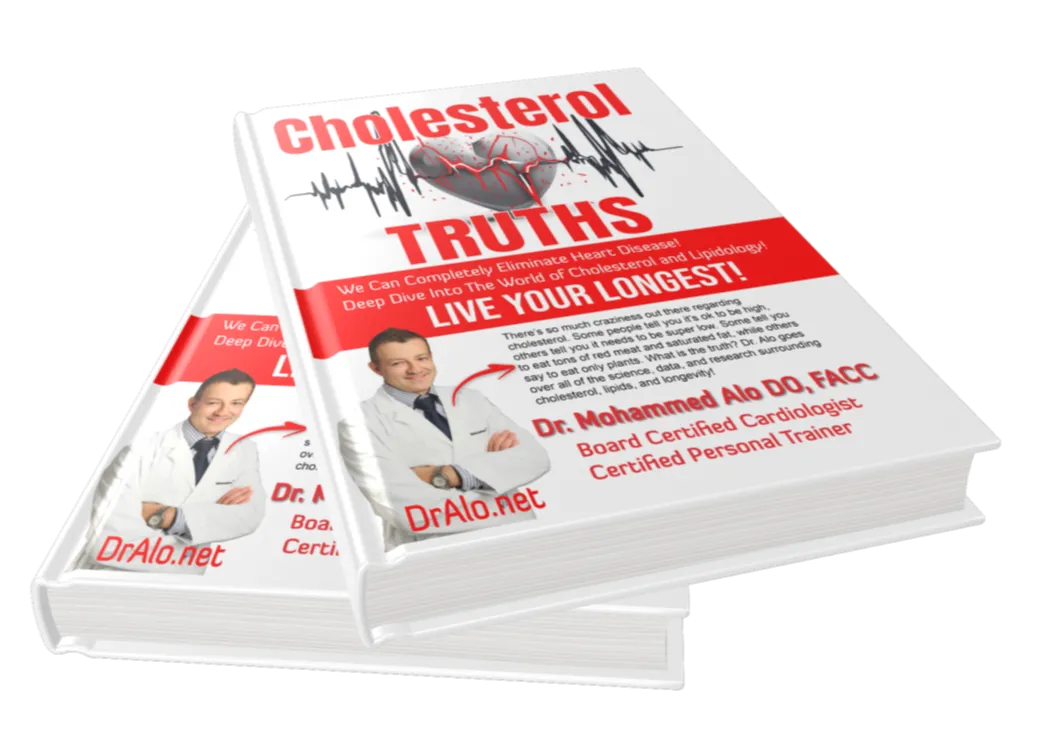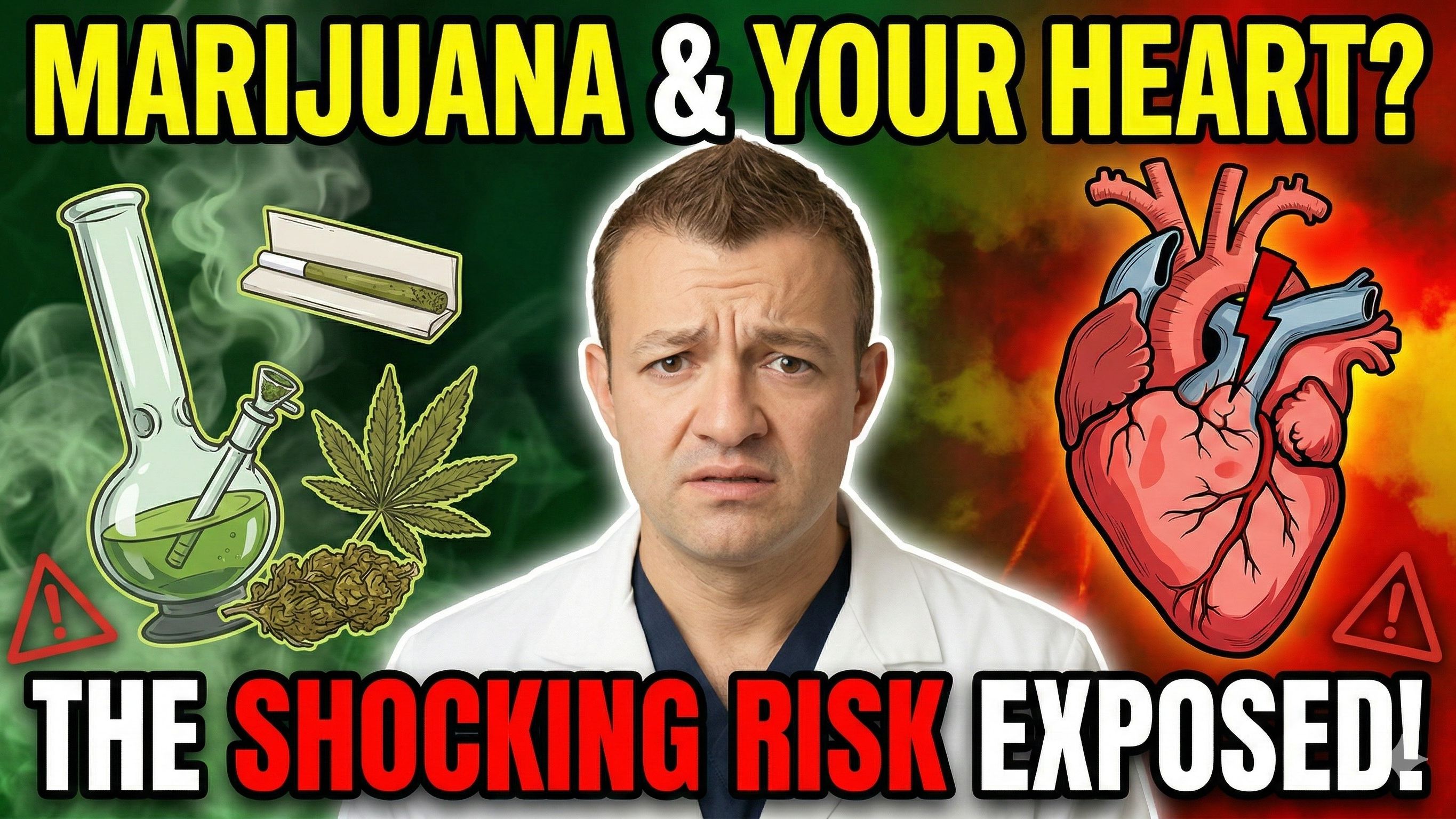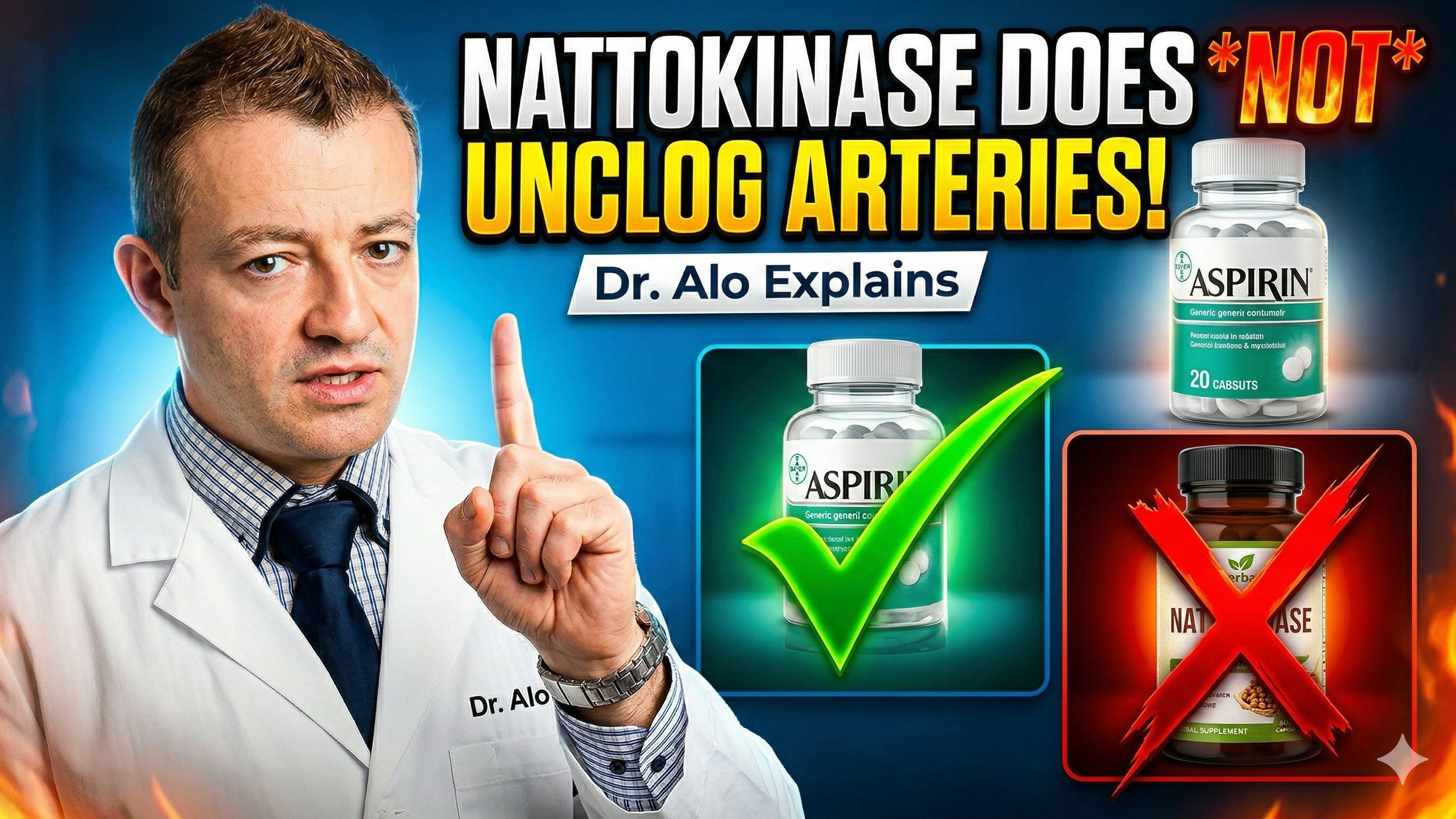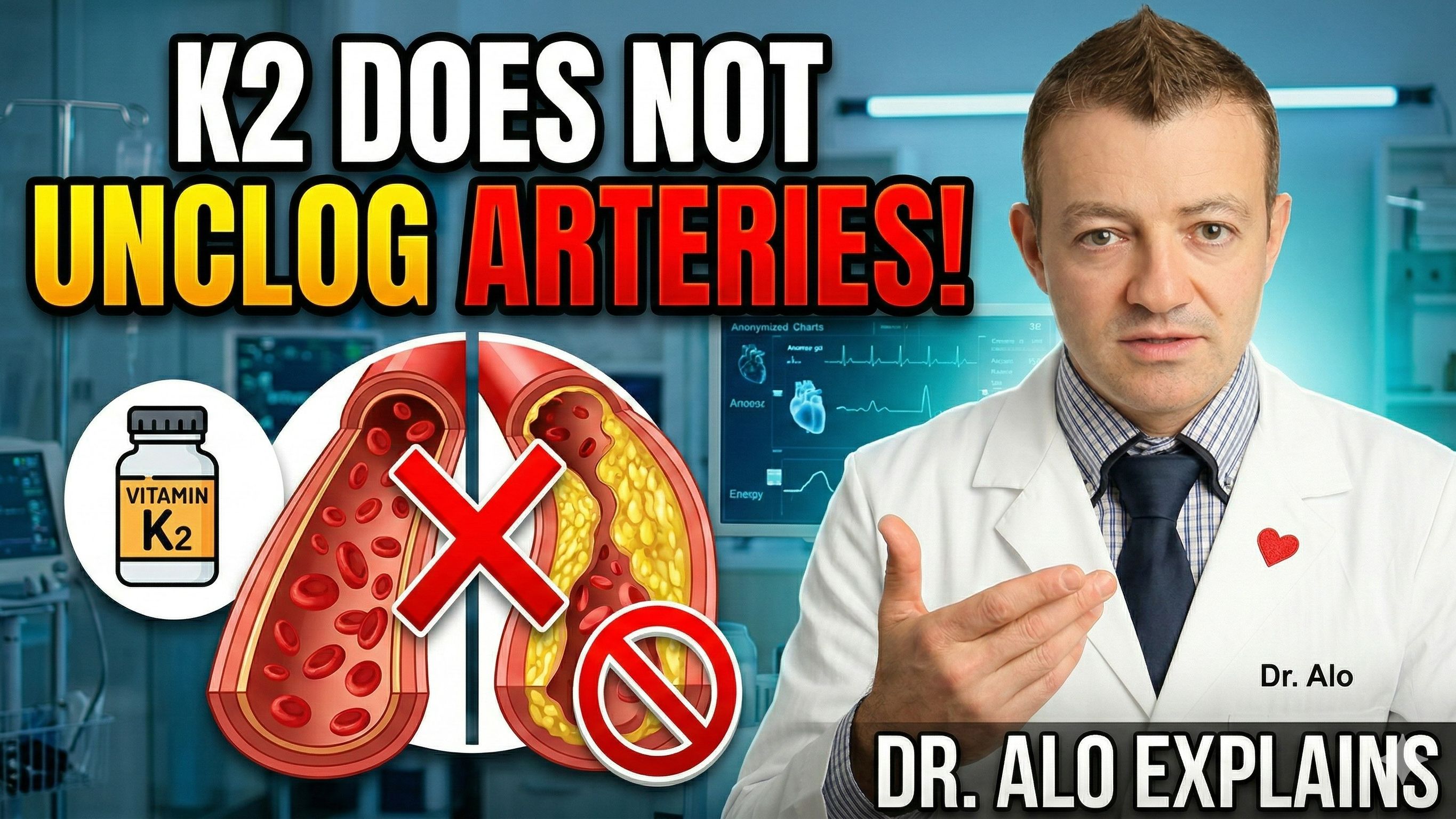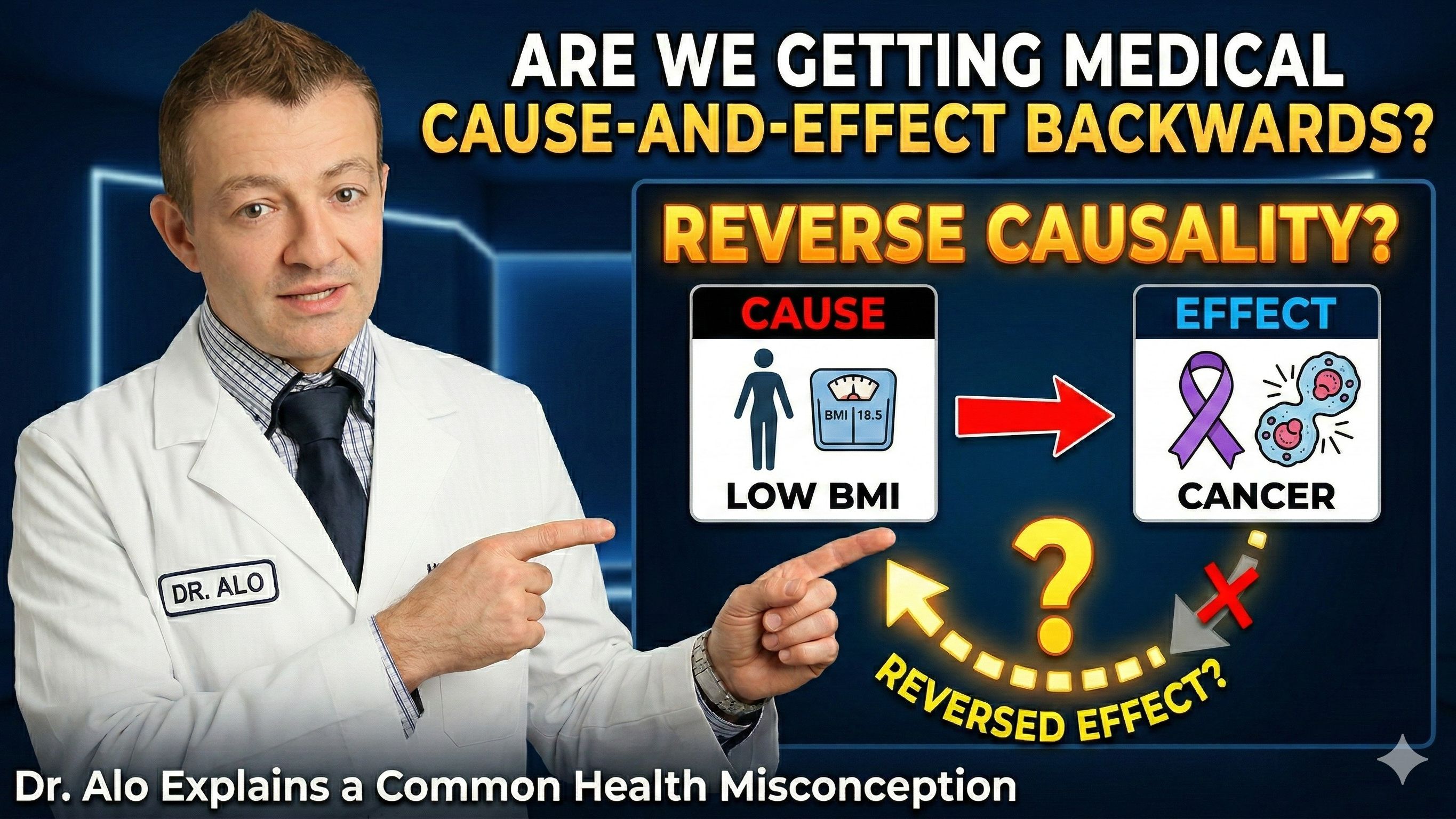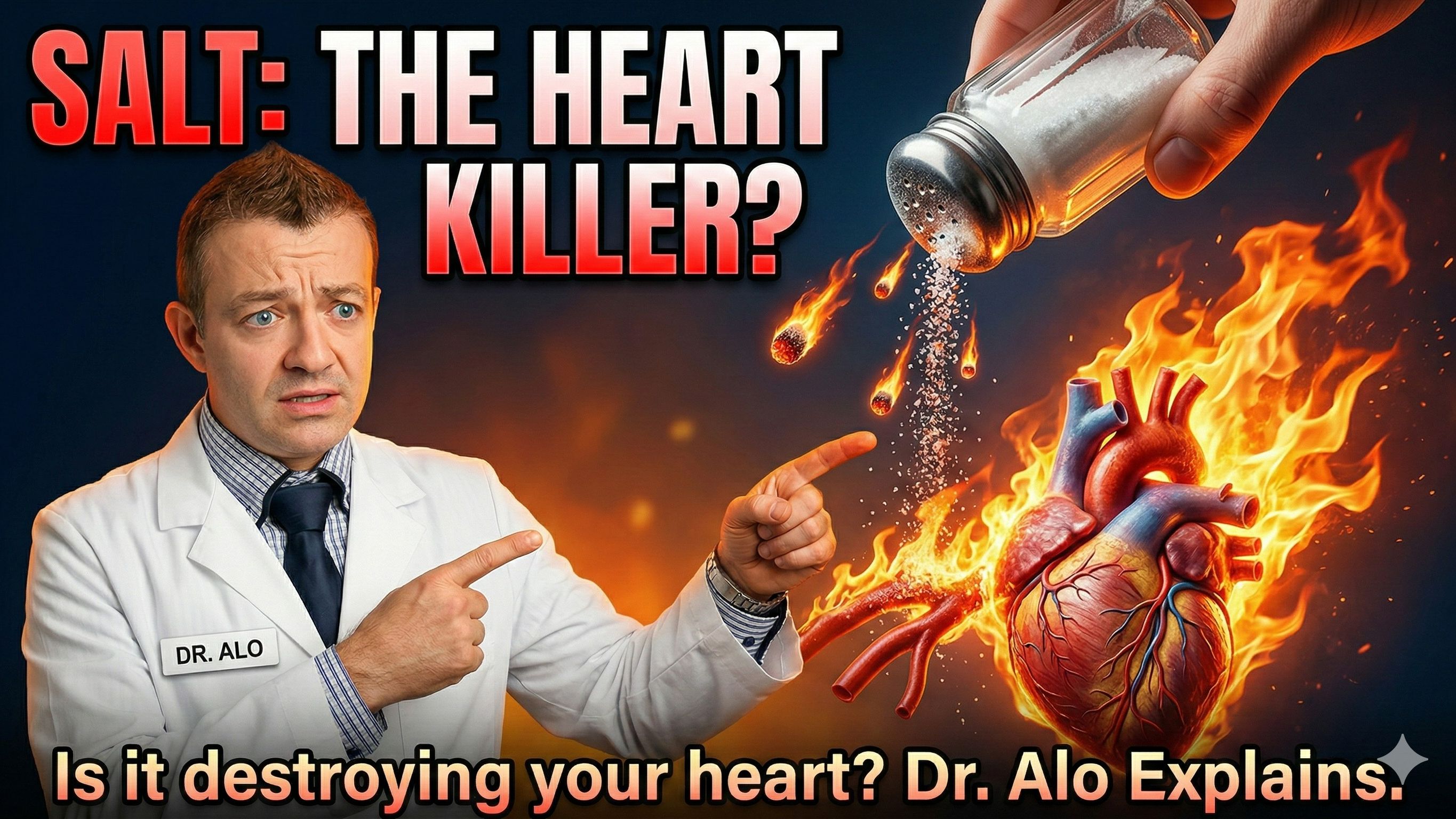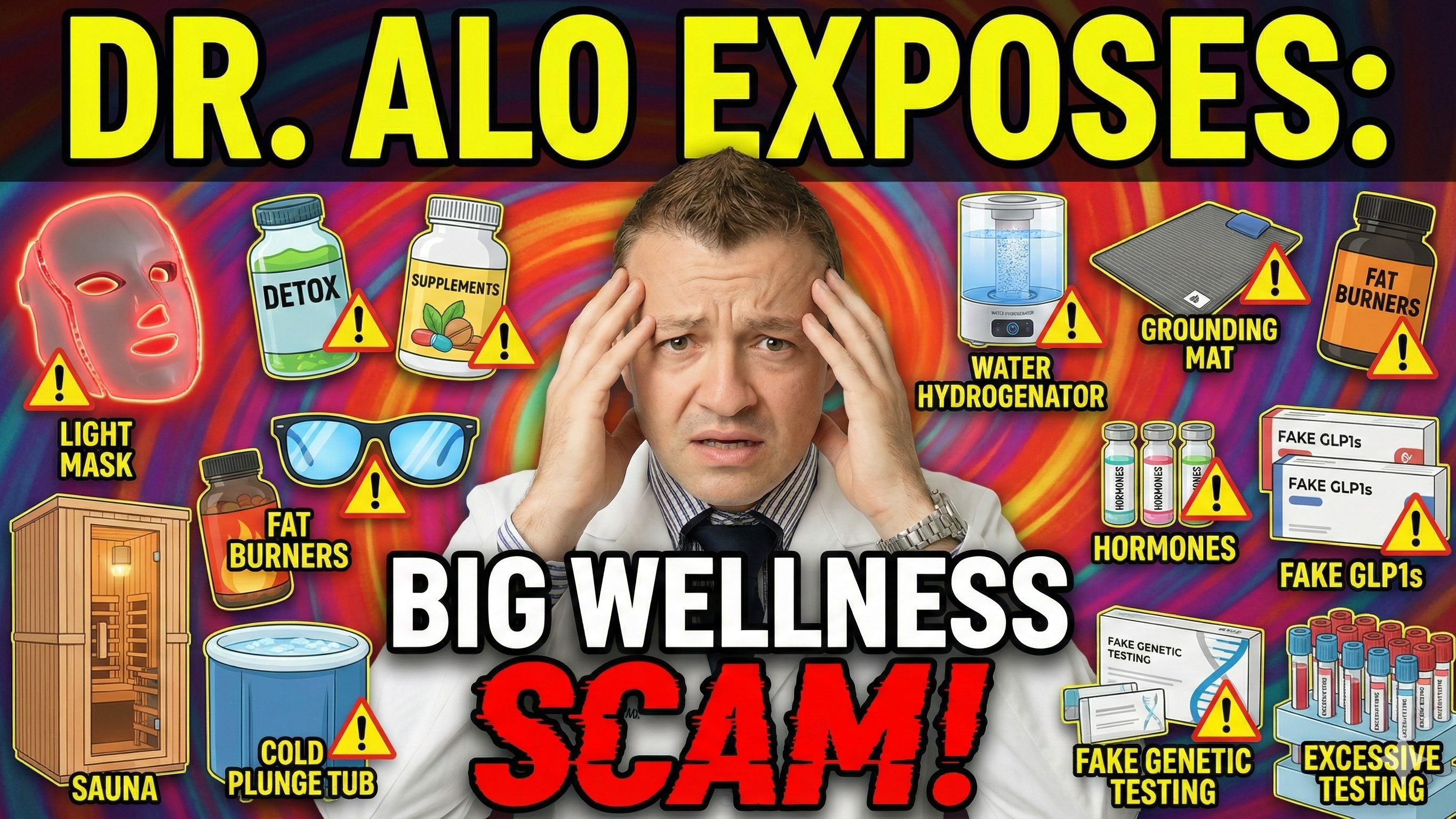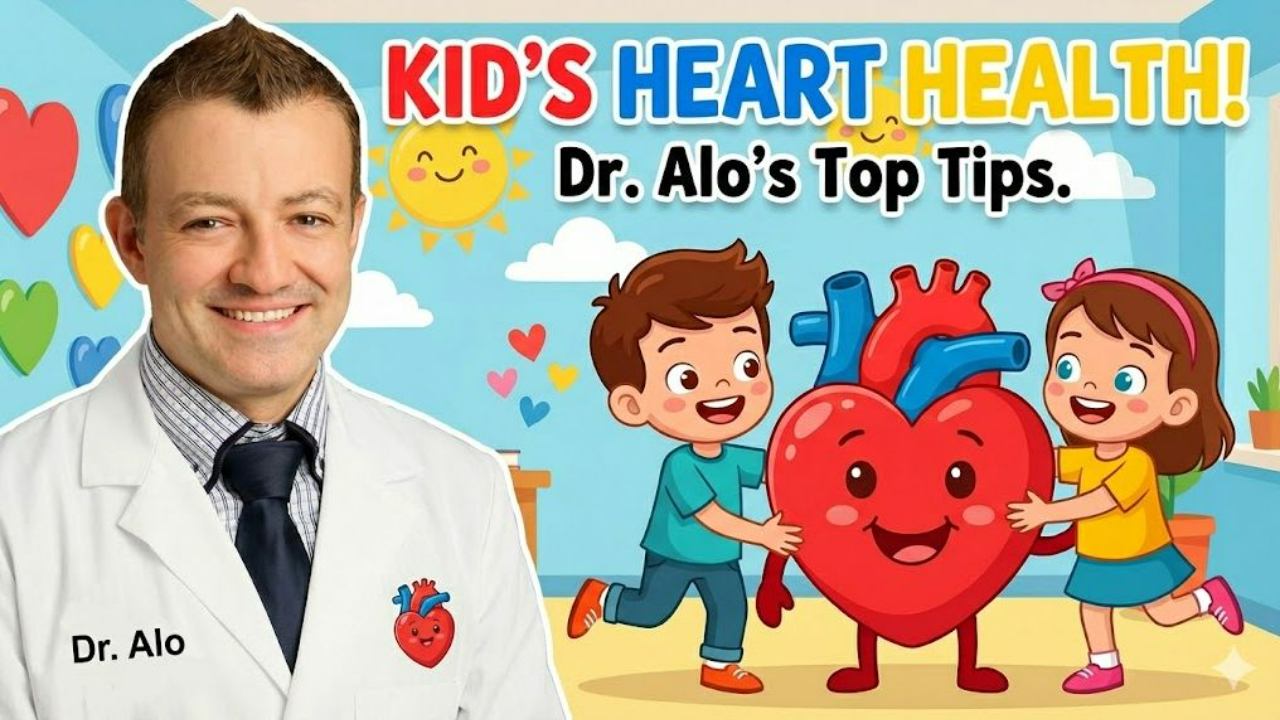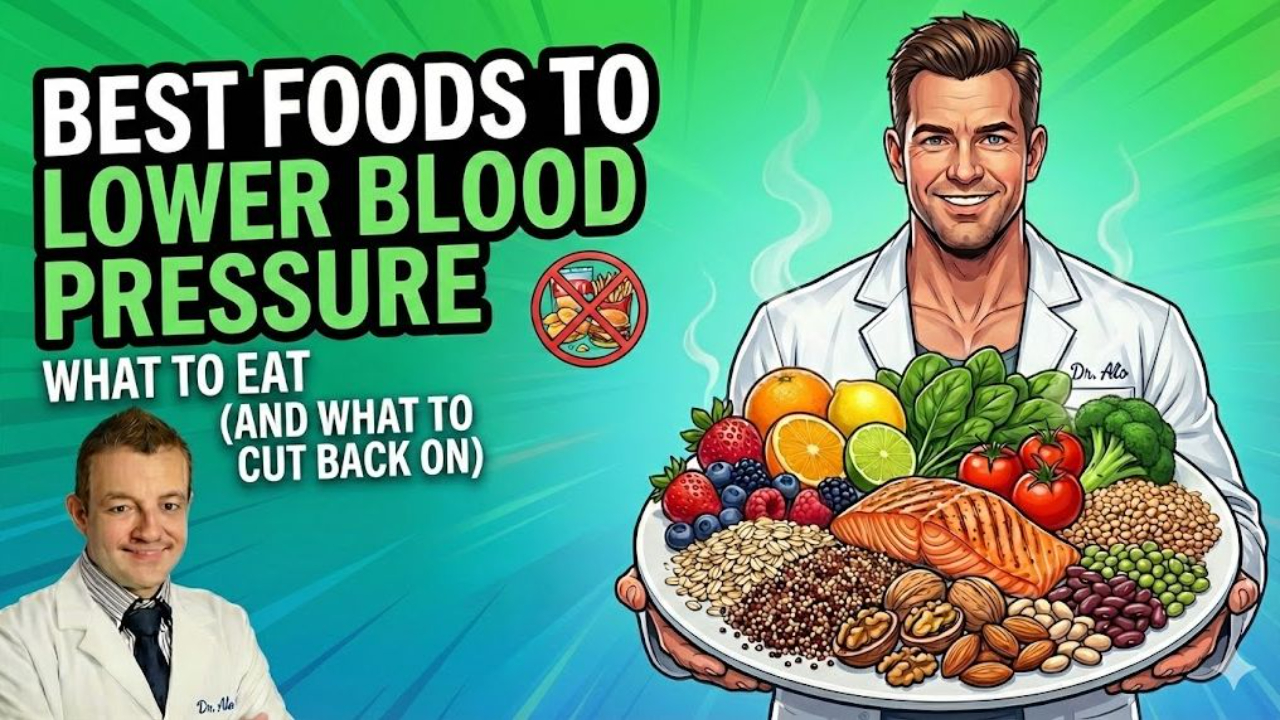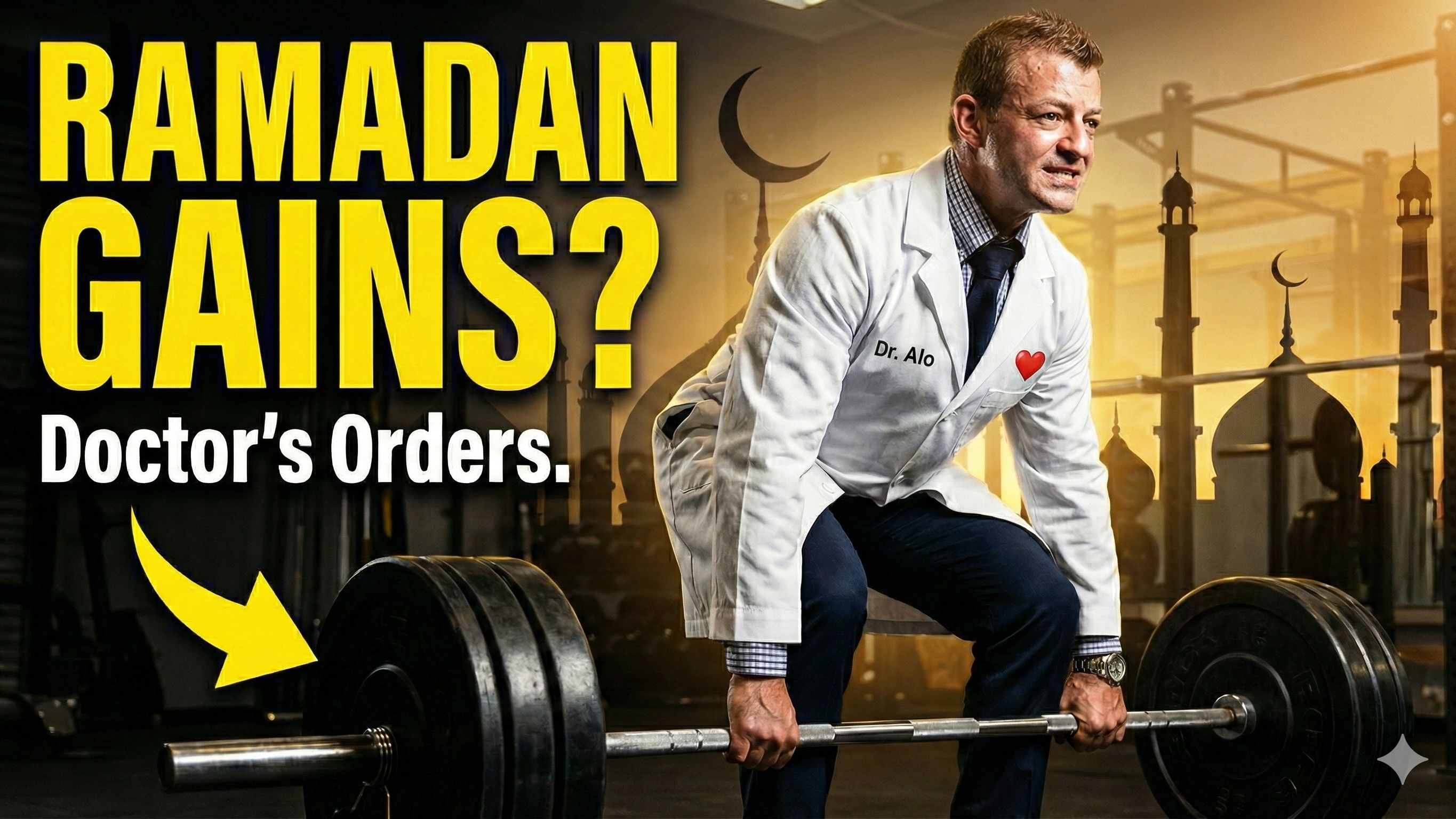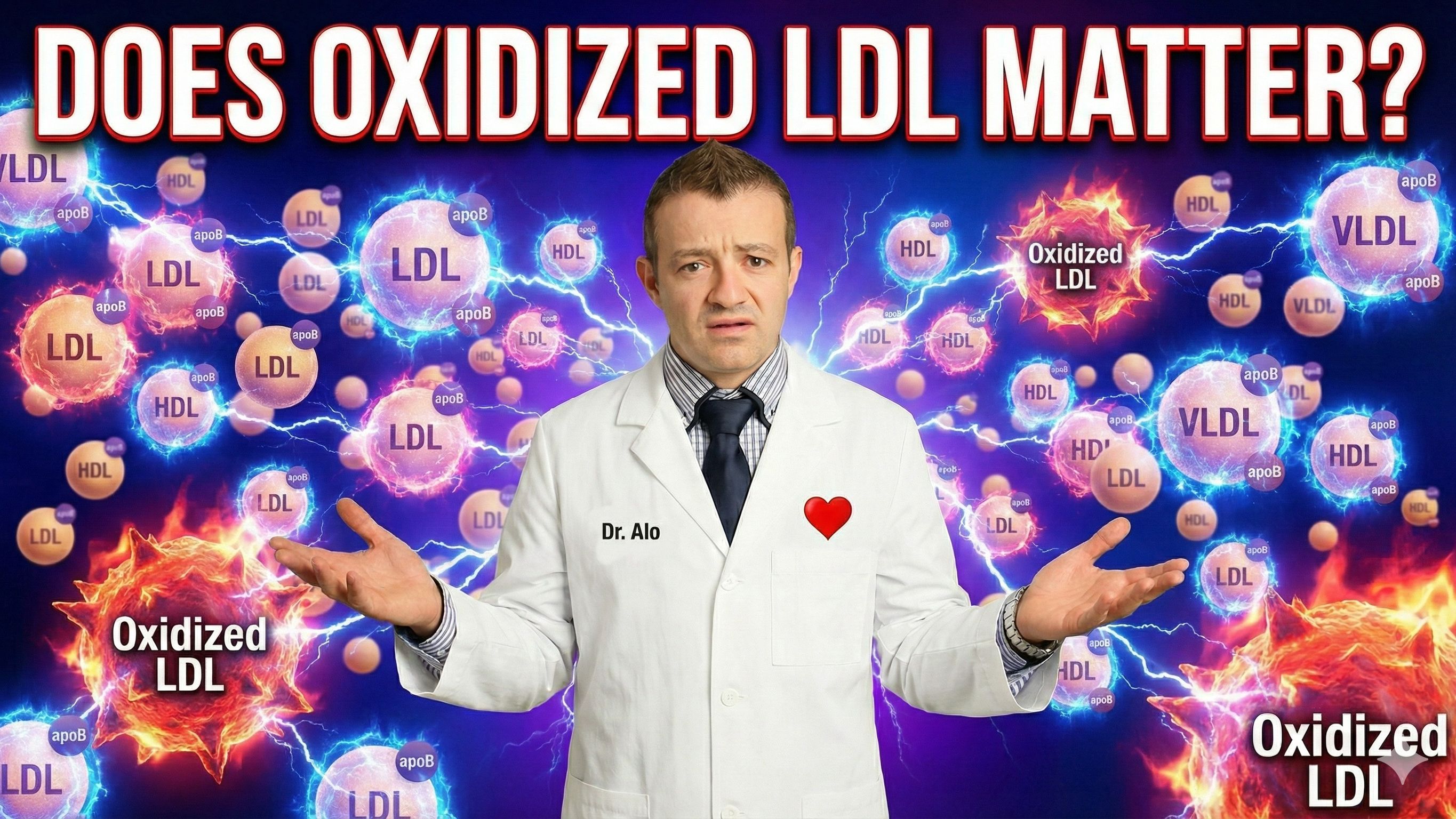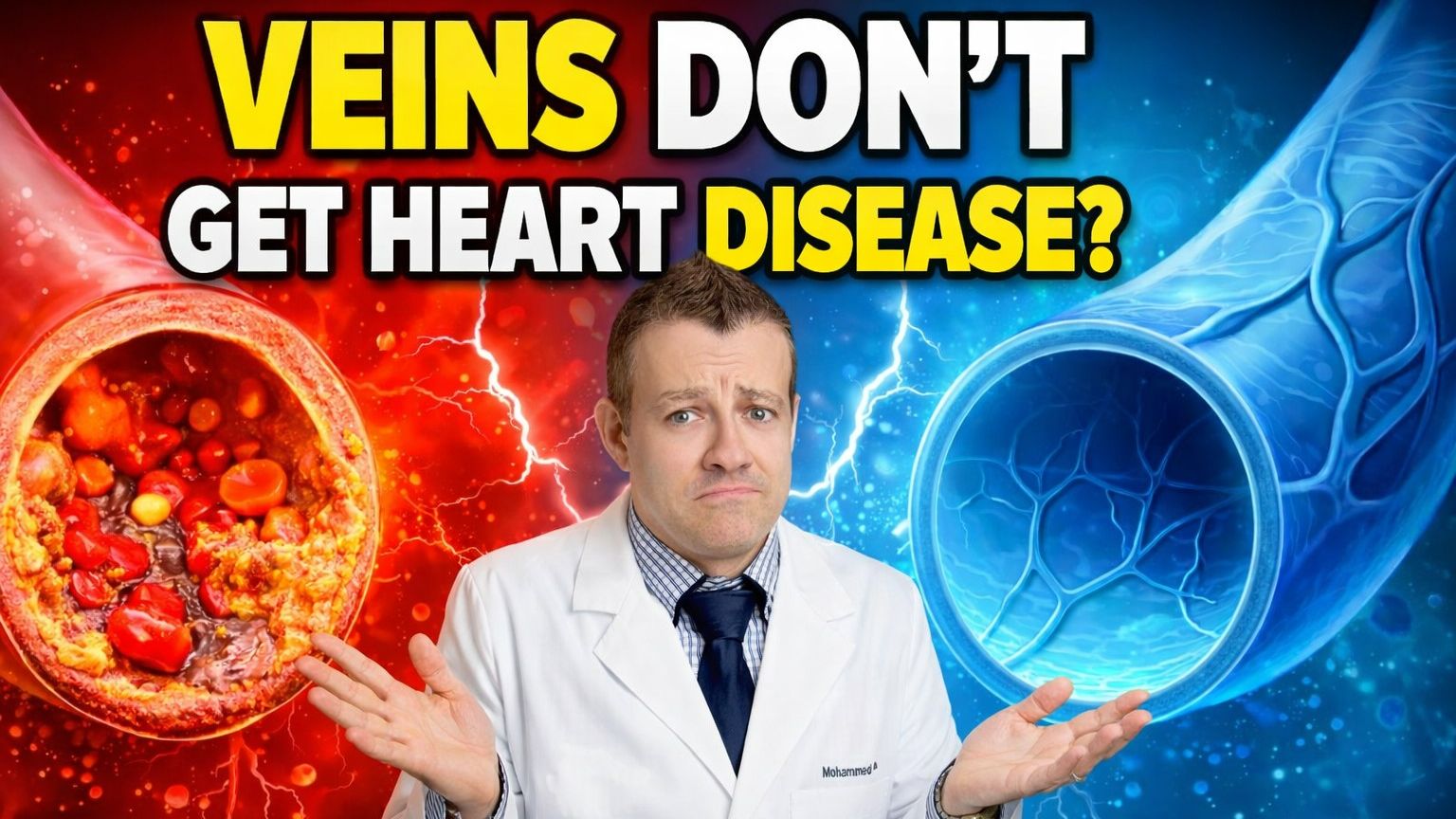Does Testosterone Cause Heart Disease?
May 17, 2024
Does TRT Cause Heart Attacks?
Regardless of where you look and how you measure it, the burden of coronary heart disease in men is approximately three times that of women. Studies have shown that men have more significant coronary artery disease despite lipid factors being the same for women. So, despite similar traditional risk factors, men have more ASCVD. Is it from sex hormones?
Is it the estrogen?
Is it the testosterone?
Testosterone's Effects On The Human Body

The graphic does a great job of summarizing testosterones effects on various male (and female) body functions. As you can see testosterone can affect nearly every bodily function and organ system.
Symptoms Of Low Testosterone
- Fatigue
- Low libido
- Inability to lose weight
- More abdominal adiposity
- Difficulty gaining weight
- Mood swings
- Erectile dysfunction
- Depression
- Lack of concentration
In medicine, we don't just treat the number, we treat symptoms. For example, you may have a low testosterone of 200 ng/dL, but you feel great. We may not want to treat this right away. You may have a "normal" value like 550 ng/dL and have symptoms, and we may treat that still. It depends on the numbers and symptoms.
Does Low Testosterone Cause Heart Disease?
There may be some protective effect of estrogen on women. Men and women with similar lipid profiles have vastly different risks, with men having worse and earlier ASCVD.
Women have a delayed onset of coronary heart disease by about 10-15 years which is thought to be due to the protective effects of estrogen. But what about testosterone, does that play a role?
TRT And Heart Disease?
More and more men are on testosterone replacement therapy, but is this good for your heart?
In general, being on testosterone replacement therapy can be cardioprotective (good) if used correctly and at an appropriate dose. When people are abusing testosterone and taking anabolic doses, that's when you start to see increases in cardiovascular mortality.
Testosterone replacement therapy (TRT is not associated with an increased risk of heart disease (major adverse cardiovascular events, or MACE) in men with hypogonadism, including those at high cardiovascular risk, when used to maintain physiological testosterone levels. This conclusion is supported by the TRAVERSE trial, a large, randomized, placebo-controlled study of 5,246 men aged 45–80 years with preexisting or high risk of cardiovascular disease, which demonstrated noninferiority of TRT compared to placebo for the incidence of MACE (hazard ratio 0.96; 95% CI, 0.78–1.17) over a mean follow-up of 33 months. No increased risk of myocardial infarction, stroke, or cardiovascular death was observed, though there was a higher incidence of atrial fibrillation, acute kidney injury, and pulmonary embolism in the TRT group, warranting caution in men with prior thromboembolic events.
Study:
https://www.nejm.org/doi/full/10.1056/NEJMoa2215025
The Androgen Society, in its 2024 position paper, states that it is now conclusively determined that TRT is not associated with increased risks of heart attack, stroke, or cardiovascular death, based on the TRAVERSE trial and multiple meta-analyses and observational studies. The Endocrine Society guideline also notes that most meta-analyses and randomized trials have not shown a statistically significant association between TRT and cardiovascular events, but emphasizes that data remain insufficient to establish a causal link, and recommends caution in men with a history of cardiovascular disease.
Studies:
https://pubmed.ncbi.nlm.nih.gov/39436329
https://academic.oup.com/jcem/article-lookup/doi/10.1210/jc.2018-00229
The American College of Physicians guideline similarly finds no consistent evidence of increased cardiovascular risk with TRT, though some observational studies suggest a possible increased risk in certain subgroups or with early use, highlighting the need for individualized risk assessment.
Study:
https://www.acpjournals.org/doi/abs/10.7326/M19-0830
Current evidence does not support an increased risk of heart disease with testosterone replacement therapy in appropriately selected men with hypogonadism, but therapy should be individualized, and caution is warranted in those with a history of thromboembolic disease or recent cardiovascular events.
We know that whopping doses of male sex hormones have negative effects on your heart. Studies of men who use anabolic steroids have demonstrated that they are at increased risk of sudden cardiac death.
Studies:
https://pubmed.ncbi.nlm.nih.gov/8594431
https://pubmed.ncbi.nlm.nih.gov/8960437
https://pubmed.ncbi.nlm.nih.gov/9717856
But What About Regular Testosterone Replacement Therapy (TRT)?
The Massachusetts Male Aging Study demonstrated that testosterone levels peak around the age of 30 years old, followed by a decline of 1-2% annually. This observation led to an interest in exploring the link between low testosterone concentrations and cardiovascular risk. Speculation on the hormone's effects has led to decades of observational studies and reviews. More overweight or obese individuals had a faster and more pronounced decline in testosterone for every additional year of life.
Study:
https://pubmed.ncbi.nlm.nih.gov/1719016
How Body Fat Lowers Testosterone Levels
One of reasons why men have less testosterone levels today is that they have excess adiposity (fat). Adipose tissue (fat cells) store and secret estrogen and can lead to lower testosterone in men as well as some “feminization” of their overall physical appearance.
I highly recommend weight loss and an exercise program to help alleviate this issue. Grab my Actual Weight Loss book for a simple, non-gimmicky way to lose weight and an awesome exercise program: https://DrAlo.net/book
The Science And Data On Testosterone Replacement Therapy?
In general, if testosterone levels are within normal range, you have decreased all-cause and cardiovascular mortality. Very low and very high levels of testosterone increased both. So, it is a U-shaped curve.
This means that you are less likely to die of heart disease and or any other cause. All cause mortality usually refers to death rates from medical issues like cancer, COPD, UTI, pneumonia, emphysema, etc. While it's mostly medical, it still may include deaths from car accidents.
Testosterone And Cardiovascular And All Cause Mortality
Take a look at the survival plots of higher versus lower testosterone levels from:
https://www.ncbi.nlm.nih.gov/pmc/articles/PMC3720171/


As you will notice, those with higher bioavailable testosterone lived longer. All cause mortality and cardiovascular mortality were both lower.
Testosterone replacement therapy has been shown to reduce the frequency of angina (chest pain). TRT has been shown to improve overall exercise duration. It has also been shown to improve exercise tolerance on a stress test in multiple studies.
https://academic.oup.com/jcem/article-abstract/2/5/325/2722583
https://academic.oup.com/jcem/article-abstract/2/9/560/2722565
https://cir.nii.ac.jp/crid/1573668925562295424
https://pubmed.ncbi.nlm.nih.gov/20996894
https://pubmed.ncbi.nlm.nih.gov/8222891
https://pubmed.ncbi.nlm.nih.gov/11835027
https://pubmed.ncbi.nlm.nih.gov/11034937
Does Testosterone Improve Heart Failure
What about heart failure and other issues? Men with heart failure have hypogonadism (low T) about 25-56% percent of the time, depending on the study. We know that treating low testosterone or normal testosterone levels improves other outcomes like insulin sensitivity, muscle mass, functional capacity (exercise capacity and tolerance), and many other parameters that would improve heart failure. We can probably conclude that having normal testosterone levels would help with heart failure.
Read more on testosterone’s effects on heart failure published in the American Heart Association Journal:
https://www.ahajournals.org/doi/10.1161/CIRCHEARTFAILURE.121.008755
Testosterone And Stroke Risk
What about stroke risk from exogenous testosterone (injected or prescription testosterone)? Can excess testosterone, like bodybuilders may inject, increase cardiovascular or cerebrovascular mortality and event rates?
There was no association between testosterone replacement therapy and ischemic stroke at physiologic levels. This does not mean that whopping doses don’t cause thrombotic complications and events.
Study:
https://www.ahajournals.org/doi/full/10.1161/STROKEAHA.116.014088
Mortality From Testosterone In Bodybuilders
So how can excess testosterone that bodybuilders use cause increases in stroke, heart attacks, and cardiac arrest?
Yes! It’s because when you have excess testosterone in your bloodstream, it can break down into estradiol. Estradiol is a metabolite that is associated with thrombogenesis (clotting) and can increase the risk of stroke and heart attacks. Which is why many bodybuilders take estradiol blocking agents (anastrozole) and check estradiol levels when taking supratherapeutic (excessive) doses of testosterone.
Studies that cover this topic:
https://pubmed.ncbi.nlm.nih.gov/24329981/
https://pubmed.ncbi.nlm.nih.gov/36210243/
https://pubmed.ncbi.nlm.nih.gov/18395167/
https://pubmed.ncbi.nlm.nih.gov/29018642/
https://pubmed.ncbi.nlm.nih.gov/31886016/
https://www.ncbi.nlm.nih.gov/pmc/articles/PMC10204507/
Should I Be On Testosterone If I Have Heart Disease?
If you are an older male, with pre-existing cardiovascular disease and risk, you may not want to take excess amounts of testosterone. There is a slight increase in cardiovascular events. But the tradeoff in improved quality of life, muscle mass, libido, functional capacity, may outweigh the risks.
Study:
https://pubmed.ncbi.nlm.nih.gov/20592293/
Can Testosterone Protect You From Heart Disease?
There is also evidence that testosterone acts as a vasodilator and is cardioprotective. Vasodilators relax your arteries and allow for more blood flow. Which partly explains why functional capacity and exercise duration and tolerance both improve.
Study:
https://www.ahajournals.org/doi/full/10.1161/01.cir.91.4.1154
Does TRT or testosterone levels affect cholesterol metabolism and lipids?
In most studies, when hypogonadal men (low T) are placed on cholesterol therapy, there is a small decrease in LDL-C and total cholesterol.
Studies:
https://pubmed.ncbi.nlm.nih.gov/11566455/
https://pubmed.ncbi.nlm.nih.gov/8678922/
https://onlinelibrary.wiley.com/doi/full/10.1111/andr.12425
Dietary cholesterol intake does not affect total testosterone levels.
Studies:
https://lipidworld.biomedcentral.com/articles/10.1186/s12944-023-01928-7
Dietary saturated fat intake also had no statistically significant effect on testosterone levels once results were adjusted for confounders. So you do not need to eat fat to make testosterone.
Studies:
https://www.nature.com/articles/s41430-023-01358-9
Do You Need Cholesterol To Make Testosterone?
As I have stated in multiple blog posts and videos, you do not need excess cholesterol in your lipoproteins to make enough testosterone. Your gonadal cells will make enough on their own. Reducing LDL-C will not affect this. If your cholesterol does get too low, your gonadal cells can use the SRB1 receptor to take up HDL particles and use their cholesterol. This is rare, but can happen.
So, there is no need to fear low LDL cholesterol levels.
How To Increase Testosterone?
Men (and women) should first try to improve their cardiometabolic risk factors naturally. This will help improve testosterone levels naturally. This includes:
1. Reducing body weight
2. Lifting weights (heavy compound movements)
3. Aerobic exercise
4. Increasing protein intake
5. Quitting smoking
6. Reducing stress
7. More sleep
8. Avoiding alcohol
9. Avoid opioid type pain meds
10. Eliminate other meds that may reduce testosterone (ask your doctor)
Best Testosterone Booster?
There are no over the counter testosterone boosters that actually work. In fact, many may be dangerous and contaminated. Most supplements that have been tested, contain nothing. They are just sugar pills.
The best way to increase your testosterone naturally is to do some of the things listed above. If your levels are still low, please contact your physician and they can easily help you get on TRT (testosterone replacement therapy). It's very cheap and easy to do.
My Final Thoughts On Testosterone And Heart Disease
Generally speaking, having physiologic levels of testosterone will have cardioprotective effects on heart disease. You will see an improvement in vascular function, adiposity, body composition, strength, mood, libido, reduced stroke risk, and reduced cardiovascular risk.
Having supra therapeutic doses (very high), like what bodybuilders may do, may have deleterious effects. It's unethical to study such high doses, but we have seen results over the years with various, official and non official, case studies.
If you plan on starting testosterone replacement therapy, please do tis under the supervision of a licensed physician and do not purchase black market products and do this on your own, as the results may be catastrophic.
Did You Like This Article?
This post is a chapter from my new Cholesterol Book. If you want updates on when that book will be ready for purchase, click on my updates link and sign up to receive updates:
Still Have Questions? Stop Googling and Ask Dr. Alo.
You’ve read the science, but applying it to your own life can be confusing. I created the Dr. Alo VIP Private Community to be a sanctuary away from social media noise.
Inside, you get:
-
Direct Access: I answer member questions personally 24/7/365.
-
Weekly Live Streams: Deep dives into your specific health challenges.
-
Vetted Science: No fads, just evidence-based cardiology and weight loss.
Don't leave your heart health to chance. Get the guidance you deserve. All this for less than 0.01% the cost of health insurance! You can cancel at anytime!
[👉 Join the Dr. Alo VIP Community Today]



